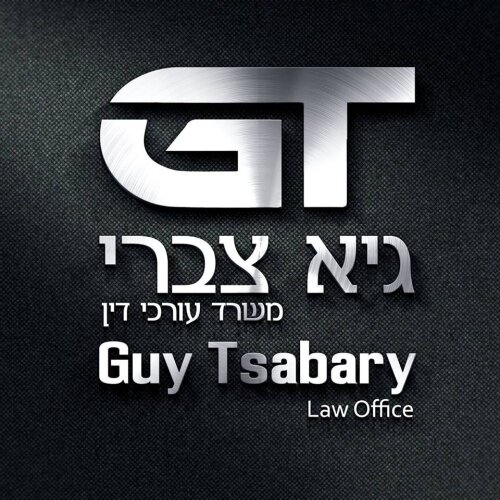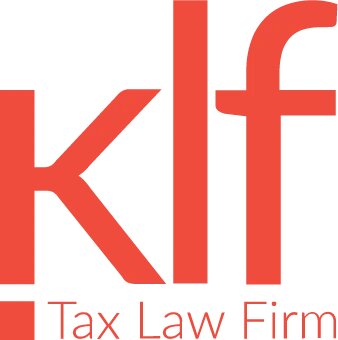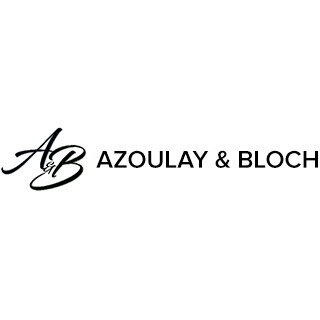Best Private Equity Lawyers in Jerusalem
Share your needs with us, get contacted by law firms.
Free. Takes 2 min.
List of the best lawyers in Jerusalem, Israel
About Private Equity Law in Jerusalem, Israel
Private Equity (PE) law in Jerusalem, Israel concerns the legal and regulatory frameworks surrounding private investment in non-public companies or assets. Jerusalem, as Israel's capital and a growing business hub, plays host to numerous local and international private equity funds, venture capitalists, start-ups, and established businesses seeking investment. PE transactions in Jerusalem often involve complex legal structures, cross-border arrangements, due diligence, and regulatory compliance to ensure the integrity of investments and protect all parties involved.
Why You May Need a Lawyer
Engaging in private equity transactions involves significant financial and legal risks. Common situations where legal assistance is crucial include:
- Negotiating or drafting investment agreements, shareholder agreements, or purchase agreements
- Conducting or overseeing comprehensive due diligence on target companies
- Structuring funds or investment vehicles in compliance with Israeli law
- Navigating regulatory requirements, such as antitrust filings and reporting obligations
- Protecting intellectual property rights and commercial interests in investments
- Dispute resolution between investors, partners, or management
- Cross-border transactions and compliance with international legal standards
- Securing government approvals or working with regulatory bodies
Given the complexities of private equity deals, legal representation helps protect your interests, ensures compliance, and supports the success of your investments.
Local Laws Overview
Israel’s legal system draws upon common law traditions, and its private equity market is governed by a combination of local acts, regulatory bodies, and best practices. Key aspects include:
- Corporate Law: The Companies Law, 1999 regulates company formation, governance, and shareholder rights. Private equity deals often require thorough knowledge of company law to draft effective agreements and manage share allocations.
- Securities Regulation: The Israel Securities Authority (ISA) oversees securities offerings and investment management. Some exemptions apply to private placements, but disclosure obligations may still arise.
- Antitrust and Competition: The Competition Law, overseen by the Israel Competition Authority, regulates mergers, acquisitions, and other market activities to prevent anti-competitive behavior.
- Taxation: Israel’s tax laws can impact PE transactions, especially regarding capital gains, withholding tax, and transfer pricing. Tax structuring is an integral part of deal planning.
- Employment Law: Labor-related issues may arise when investing in companies with existing workforces or instituting changes to management or staff.
- Cross-border Considerations: International investors must also comply with foreign investment controls and, where applicable, double tax treaties.
Proper legal guidance is necessary to steer through these intricate and evolving legal landscapes.
Frequently Asked Questions
What is private equity and how does it differ from venture capital in Jerusalem?
Private equity broadly refers to investment in private, non-listed companies, often through buyouts or significant stakes in established companies. Venture capital, on the other hand, usually targets early-stage, high-growth start-ups. Both operate in Jerusalem, but their investment focus and risk profiles differ.
Is foreign investment allowed in Israeli private equity?
Yes, Israel encourages foreign investment in private equity. However, certain sectors may have restrictions or require government approval, and all foreign investors are subject to anti-money laundering laws and tax reporting rules.
What are common legal structures for PE investments in Jerusalem?
Most private equity investments in Israel are structured as limited partnerships or companies. The specific structure depends on the investment’s size, nature, and regulatory considerations and should be determined in consultation with a legal advisor.
Does Israeli law require disclosure of private equity investments?
While private placements and PE deals are often exempt from public disclosure, some reporting to regulatory bodies may be necessary, especially if they affect control of a company or involve certain sectors.
Are there regulatory authorities overseeing private equity transactions?
Yes, key regulators include the Israel Securities Authority, Israel Competition Authority, and the Israel Tax Authority. Certain transactions may also involve other governmental bodies.
What due diligence is required before investing?
Comprehensive legal, financial, and commercial due diligence is critical. This includes verifying the target company’s legal standing, intellectual property, liabilities, employment matters, and compliance history.
How does Israeli tax law impact private equity deals?
Israeli tax law affects PE transactions through capital gains taxes, withholding taxes, and VAT. Proper structuring can ensure tax efficiency and compliance with withholding and remittance obligations.
Can private equity funds invest in publicly traded companies?
Yes, but such investments are subject to additional securities laws and reporting requirements. A legal advisor can clarify what is required in each case.
What are the main risks in private equity transactions?
Risks include regulatory non-compliance, hidden liabilities in target companies, adverse tax outcomes, contractual disputes, and market risks. Legal representation can help mitigate these risks.
How long does a typical private equity transaction take in Jerusalem?
Although timeframes vary, a standard private equity transaction can take several months, depending on the complexity of the deal, the diligence process, regulatory approvals, and negotiation phases.
Additional Resources
- Israel Securities Authority (ISA): Offers guidance on securities regulation, relevant exemptions, and compliance.
- Israel Competition Authority: Provides information on antitrust considerations in mergers, acquisitions, and investments.
- Israel Tax Authority: Publishes resources and guidelines on tax implications for investors and partnerships.
- Jerusalem Chamber of Commerce: Can connect investors and entrepreneurs with local business and legal networks.
- Local Law Firms: Many Jerusalem-based firms specialize in corporate, tax, and private equity law and offer initial consultations.
Next Steps
If you are considering or involved in a private equity deal in Jerusalem, the most important step is to seek qualified legal advice early in the process. An experienced lawyer can:
- Assess your needs and outline appropriate legal structures
- Conduct or coordinate due diligence on potential investments
- Draft and negotiate contracts to protect your interests
- Guide you through regulatory and compliance requirements
- Assist in resolving any disputes or complications that arise
To proceed, gather all relevant documents, outline your investment objectives, and contact a reputable Jerusalem-based law firm with experience in private equity. Early engagement can prevent costly mistakes and position your deal for success.
Lawzana helps you find the best lawyers and law firms in Jerusalem through a curated and pre-screened list of qualified legal professionals. Our platform offers rankings and detailed profiles of attorneys and law firms, allowing you to compare based on practice areas, including Private Equity, experience, and client feedback.
Each profile includes a description of the firm's areas of practice, client reviews, team members and partners, year of establishment, spoken languages, office locations, contact information, social media presence, and any published articles or resources. Most firms on our platform speak English and are experienced in both local and international legal matters.
Get a quote from top-rated law firms in Jerusalem, Israel — quickly, securely, and without unnecessary hassle.
Disclaimer:
The information provided on this page is for general informational purposes only and does not constitute legal advice. While we strive to ensure the accuracy and relevance of the content, legal information may change over time, and interpretations of the law can vary. You should always consult with a qualified legal professional for advice specific to your situation.
We disclaim all liability for actions taken or not taken based on the content of this page. If you believe any information is incorrect or outdated, please contact us, and we will review and update it where appropriate.














